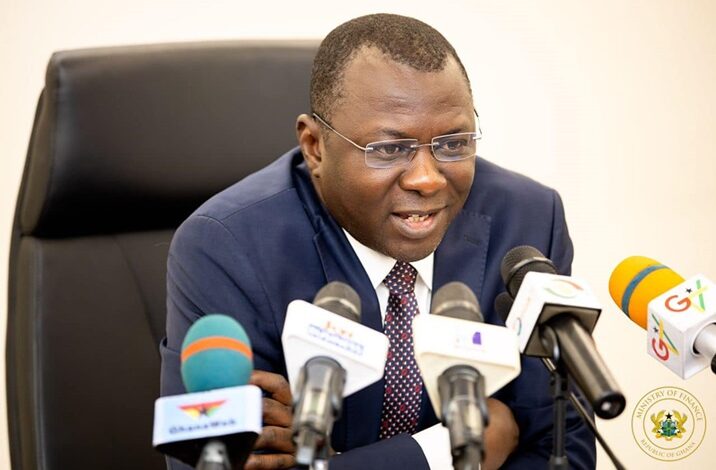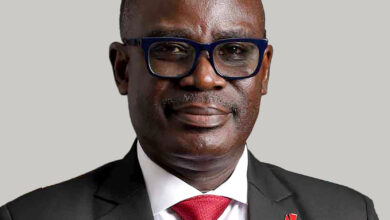IMF to revise Ghana’s growth target as economic recovery gains momentum

The International Monetary Fund (IMF) has announced plans to revise Ghana’s economic growth target further upwards, following stronger-than-expected economic performance in the first half of 2024. This was revealed during discussions in Accra between an IMF staff team, led by Mission Chief Stéphane Roudet, and Ghanaian authorities, as part of the third review of the country’s economic reform program under the Extended Credit Facility (ECF).
The decision to adjust the growth target comes on the back of robust growth in key sectors such as mining, construction, and information and communications technology (ICT), which outpaced initial projections. Despite global economic uncertainties, Ghana’s economy has shown resilience, with a broadening of growth across various sectors in the second quarter of 2024.
Roudet commended Ghana for its progress, stating that the country’s economic recovery has been stronger than anticipated. The IMF’s initial projections are now set to be adjusted to reflect this improved outlook, signaling optimism for Ghana’s continued economic stability.
The IMF also noted that inflation in Ghana has continued to decline, thanks to the government’s tight monetary policy and efforts by the Bank of Ghana to curb inflationary pressures. However, a recent drought in the Northern regions could negatively impact agricultural output, potentially pushing food prices higher in the latter part of the year. Despite this challenge, the IMF expressed confidence in Ghana’s policy measures to mitigate the impact.
In addition to growth, Ghana’s fiscal performance has been strong, with the country on track to achieve a primary surplus of 0.5% of GDP by the end of 2024. This is despite the fiscal pressures caused by the drought and challenges in the energy sector. Discussions between the IMF and the Ghanaian government focused on reforms to strengthen revenue collection, improve expenditure controls, and address sustainability issues in the energy sector.
Ghana’s successful efforts in restructuring its public debt were also highlighted. After concluding domestic debt restructuring in 2023 and reaching an agreement with the Official Creditors Committee under the G20 Common Framework, the government has completed a consent solicitation to restructure its Eurobonds. This process is expected to further enhance Ghana’s debt sustainability and financial stability.
With stronger-than-expected exports, particularly in gold, and higher remittances, Ghana’s external sector has also seen considerable improvement in 2024. International reserves have exceeded program targets, and financial stability has been maintained, with banks continuing to recapitalize and report increased profitability.
The IMF’s upward revision of Ghana’s growth target reflects confidence in the government’s ongoing reform efforts and commitment to stabilizing the economy. The next phase of the IMF review will focus on enhancing energy sector sustainability, revenue mobilization, and social protection measures to safeguard vulnerable groups as the country continues to navigate its economic recovery.




